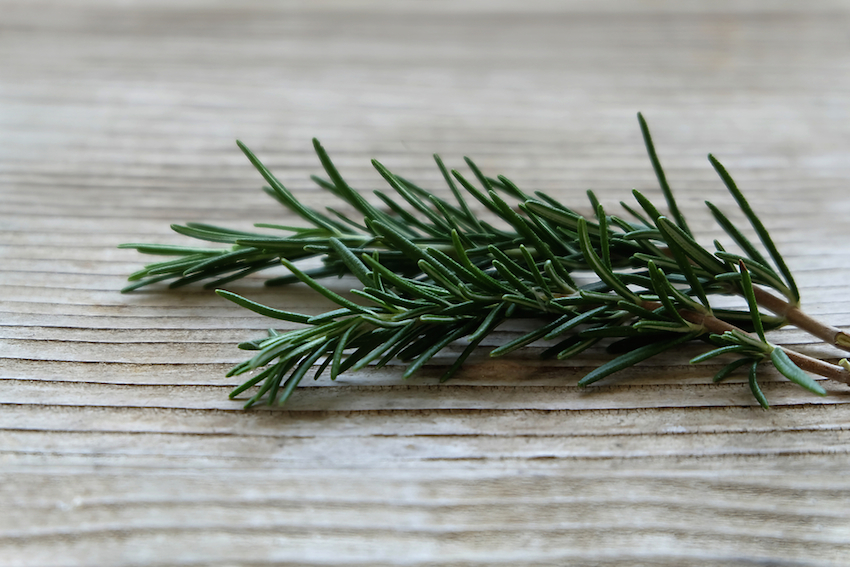Are you thinking about introducing cow milk or buffalo milk to your child? If you are, you should keep a few things in mind. The fact is that although cow milk has all the beneficial nutrients that children need to grow and develop, it might not suit babies less than a year old. Babies are not able to digest cow milk as easily or completely as breast milk or formula. Cow milk and buffalo milk are rich in minerals and protein, which can aggravate a baby’s immature kidneys. Also, both types of milk do not have the right amounts of Vitamin C, iron, and other essential nutrients that infants need. The question is – is it okay to give your 1 year old cow milk or buffalo milk?
The answer is yes. Once your child is ready to digest it, cow or buffalo milk should be made a part of his daily diet. It is a rich source of calcium, which helps in building strong bones and teeth and regulating muscle control and blood clotting. Cow milk is also one of the few sources of Vitamin D which helps the body absorb calcium and plays a crucial role in bone growth.
Cow Milk Vs Buffalo Milk for Kids?
How Much Milk Should A Child Drink In A Day?
According to the American Academy of Pediatrics (AAP), the majority of children will get the required amount of calcium and Vitamin D if they drink 2 to 2 ½ cups (16 to 20 ounces) of cow milk a day. If your child is not at high risk for obesity, you should give your 1 year old whole milk.
Remember not to give your child more than 3 cups of cow milk a day. Otherwise, she may not have room for other foods that she needs to round out her diet. If she is still thirsty after drinking milk, the best solution is to offer her water. Read Here – Health Benefits of Milk for Toddlers
Low-Fat Vs Fat-Free Milk for Toddler?
In the majority of cases, the answer to this question is not yet. According to the AAP, whole milk is best for 1 year olds. At this age, children need the high fat content that whole milk has in order to maintain normal weight gain and it also helps the body absorb Vitamin A and Vitamin D. Additionally, the concentration of minerals and protein is too high in non-fat milk for children this age. Once your child turns 2, you may switch to non-fat or low-fat milk as long as she is growing well.
Possible exceptions – If you are obese or overweight, or if there is a history of obesity, cardiovascular disease or high cholesterol in your family, your child’s physician may recommend low-fat (2 percent) milk after she turns 1.
Which is Better – Cow Milk Vs Buffalo Milk?
What is the difference between cow milk and buffalo milk? Ad which is better for your 1 year old? First of all, the fat content in each type of milk is different. Cow milk has low fat percentage and this is why it has a thin consistency. On the other hand, buffalo milk has a higher fat percentage and is thicker in consistency. This is why cow milk is recommended over buffalo milk for 1 year olds as the latter takes longer to absorb and digest.
Buffalo milk has approximately 11 percent higher protein content than cow milk. The protein found in buffalo milk has higher heat resistance. Like fats, it is difficult for babies to digest proteins. This is another reason why cow milk is a better option for your 1 year old.
Compared to buffalo milk, cow milk contains less milk solids. Because of the high milk solid percentage, cow milk is often denoted as watery milk. Roughly 90 percent of milk is water. This property makes it helpful for hydration of the body, making it better for 1 year olds who are given cow milk.
Is Organic or Hormone-Free Cow Milk Good For Your Child?
There is no conclusive proof that organic or hormone-free milk is better for children. However, if you are introducing cow milk to your 1 year old, there is no harm in making it organic milk. Keep in mind that this type of milk is more expensive than other types.
An important thing to remember is that the AAP warns against giving 1 year olds unpasteurized cow milk. Without pasteurization, there may be harmful bacteria and parasites that can cause serious illnesses, and in some cases, even death. Make sure that the milk you give your 1 year old is 100% pasteurized.
Health Benefits of Goat Milk for toddlers
Health Benefits of Camel Milk












